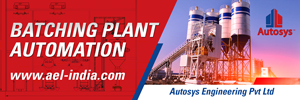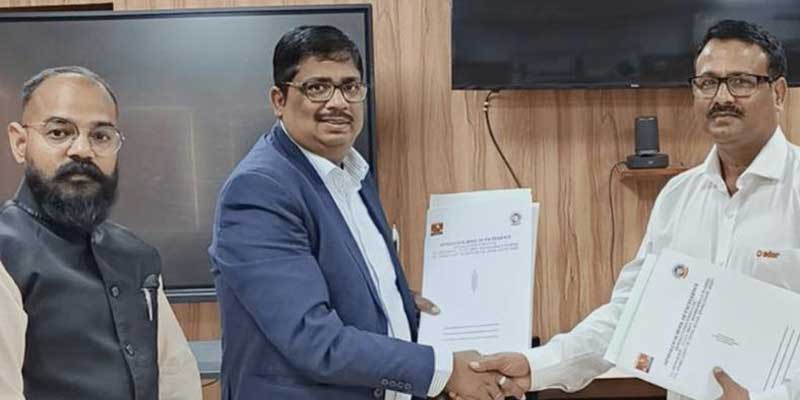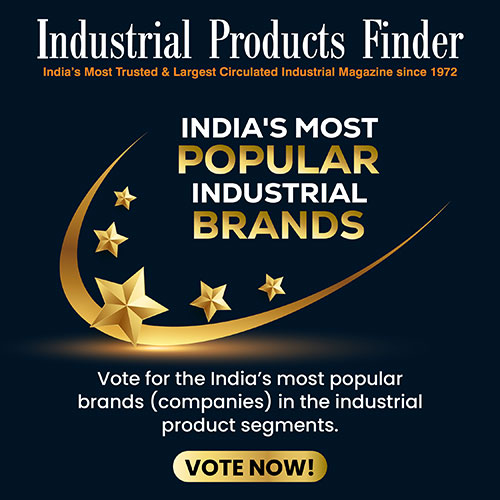Schedule a Call Back
What trends are impacting metal casting?
 Articles
Articles- Mar 24,21
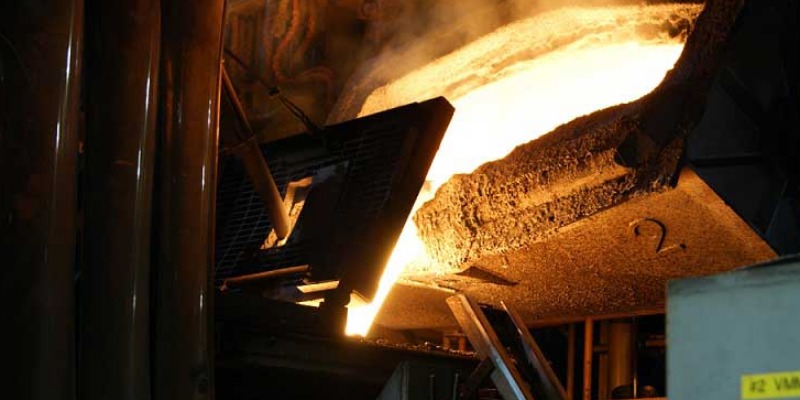
Like most industrial sectors, the metal casting industry is facing a wave of change in the form of new technology, crises like the COVID-19 pandemic and shifting consumer demand.
These changes are forcing the industry to reevaluate how it approaches work to stay competitive.
These trends are some of the most important ones affecting the metal casting industry right now and are likely to have a significant impact on the industry’s future.
1. Automation in response to growing skills gap
As with other industrial sectors, the metal casting industry faces a growing skills gap. Fewer
people are choosing to work in foundries, leading to a shortage of workers with the knowledge to
handle daily production processes.
Major industry organisations, like the American Foundry Society (AFS), have proposed severalsolutions to this growing skills gap  like improved federal support for technical education.
However, the establishment of a more effective industry training pipeline may not come soon enough. Instead, some metal manufacturers are turning to new and advanced automation solutions to respond to the tight labor market.
Automation, typically deployed to handle dirty, dangerous or dull tasks, can help businesses save on labor costs. It may also help foundries free up workers for more important tasks throughout the day  like designing and testing molds or new systems.
The reduced workload that automation can offer may also help encourage younger workers to join the industry.
2. Sustainability becomes a key concern
Individual consumers and business clients are becoming increasingly concerned about the impact
of industrial activity on the environment. Individual consumers are demanding more eco-friendlyproducts that require less carbon to produce and have less environmental impact when discarded.
As a result, businesses are also changing how they approach materials procurement and product design. Sustainable materials and manufacturing methods are becoming more important considerations when choosing a supplier, and some businesses may be reluctant to work with suppliers that don’t adopt green practices.
For those in the metal casting industry, this sustainability push may require new approaches to work  but it also may be a major selling point for manufacturers.
Metal casters may advertise how the sector is already sustainable  like the industry’s high rateof raw material recycling and the frequent use of scrap metal. They might also emphasise processes like the creation of sand molds for metal casting, which are typically durable and reusable.
They may also adopt new, more sustainable foundry practices. Central management systems that reduce waste and prevent the over-ordering of raw materials, for example, may help minimize foundry waste. Industry 4.0 systems, like smart lighting technology and energy management systems, could also help reduce the emissions a plant produces as a result of daily work.
3. Industry 4.0 Tech
One of the most significant industry changes has been the growing use of Industry 4.0 tech â€â€
like “smart†IoT sensors and advanced digital facility management systems.
Industry 4.0-enabled strategies  like predictive maintenance, a maintenance strategy that uses data from internet-connected sensors to predict when maintenance is needed  may create more efficient metal casting facilities.
The rise of Industry 4.0 tech may also lead to some reshoring of metal casting and metal production facilities by manufacturers who moved overseas in the past few decades.
As shipping costs and wages in major manufacturing centers, like India and China, continue to rise, it may become advantageous to bring foundries back to the United States. Investment in major tech upgrades may enable new modes of facility management and automation solutions.
At the same time, the Chinese industry is making major strides in the development and application of Industry 4.0 tech, which may make new U.S.-based foundries less appealing to large manufacturers.
4. Additive manufacturing disrupts conventional manufacturing methods
New approaches to metal manufacturing are also having a serious impact on the industry.
Additive manufacturing technology, like binder jetting systems or 3D printers equipped with
metal filament, enables quick manufacturing of metal parts.
In some cases, this may mean that manufacturers and businesses could have another serious alternative to cast parts.
Metal casting businesses have two options. First, they may be able to emphasize the things that metal casting can do and that additive manufacturing either can’t do or can’t do well.
Some foundry owners may also begin investing in additive manufacturing technology themselves. 3D printers and technology like binder jetting systems may be useful to offer cheaper prototypes of cast-metal parts. They could also reduce the costs of small-batch manufacturing for interested clients.
How new trends may reshape the metal casting industry
These trends are having a major impact on how metal casting businesses approach their work.
Changing consumer preferences and the availability of new technology, like additive
manufacturing systems and Industry 4.0 platforms, are already reshaping the industry. Over the
next few years, they’re likely to guide how the metal casting sector grows.
About the Author:
Emily Newton is a tech and industrial journalist and the Editor-in-Chief of Revolutionized Magazine. Subscribe to the Revolutionized newsletter for more content from Emily.
Related Stories
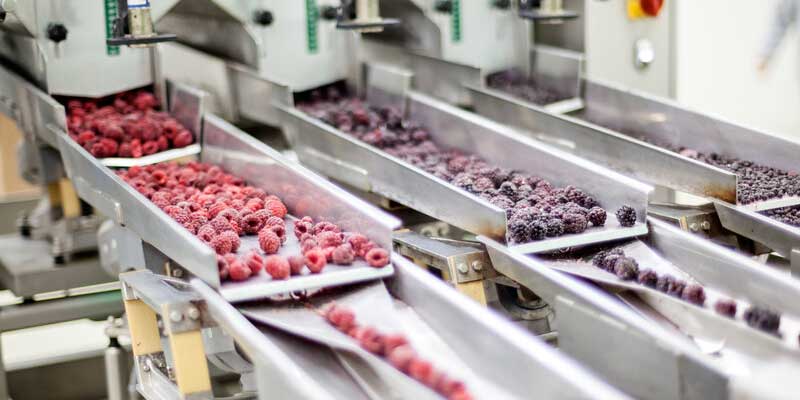
Why are eco-friendly refrigerants gaining popularity in food manufacturing?
While environmentally friendly and ozone-friendly refrigerants provide a clear path forward for food manufacturing companies, their implementation carries certain system design and maintenance impli..
Read more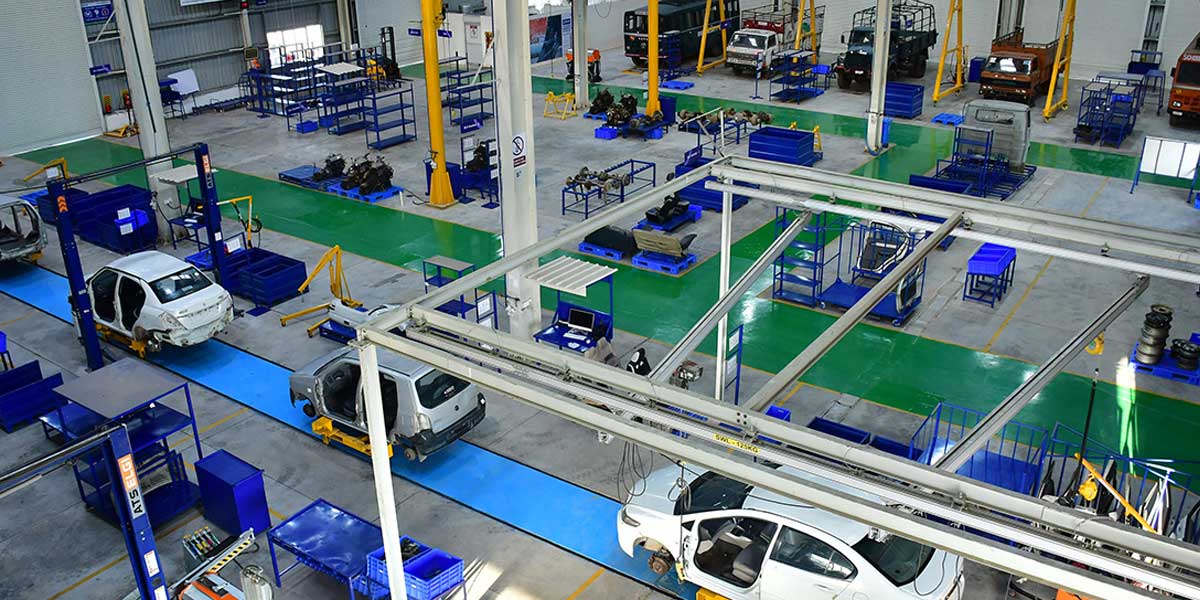
Waste pooling collaboratives for profitable circular economy
Waste reduction is one of the key steps towards sustainability. Companies opt for recycle, reuse and refurbish waste to create value. Here, R Jayaraman explains the concept of waste pooling collabor..
Read more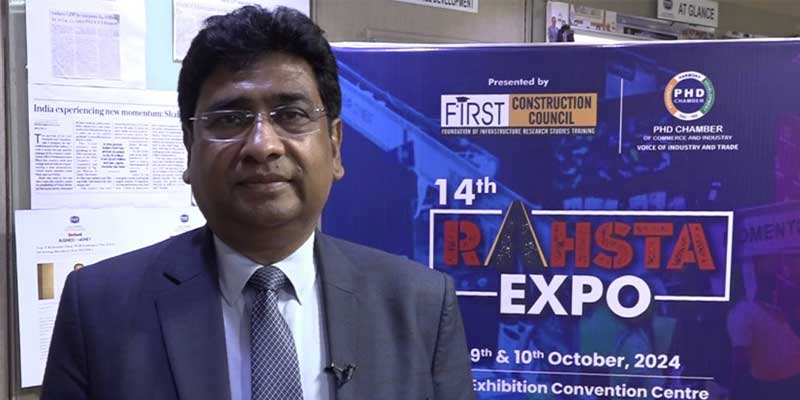
RAHSTA to showcase cutting-edge road construction tech, says NCC Director
14th RAHSTA (Roads and Highways Sustainable Technologies & Advancement) Expo - India’s biggest road exhibition - will be held as a part 10th India Construction Festival 2024 at Jio Convention Cent..
Read moreRelated Products
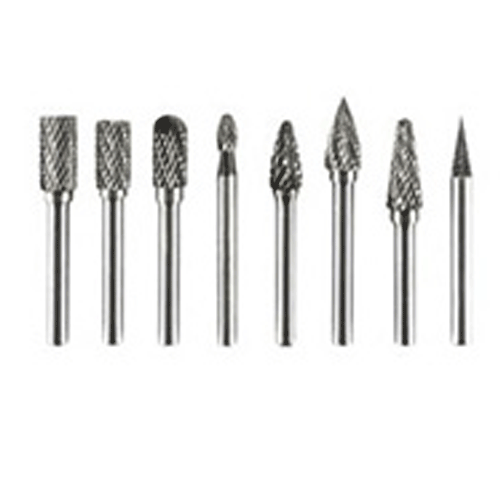
Carbide Burrs
SRT Industrial Tools & Equipments offers a wide range of carbide burrs.
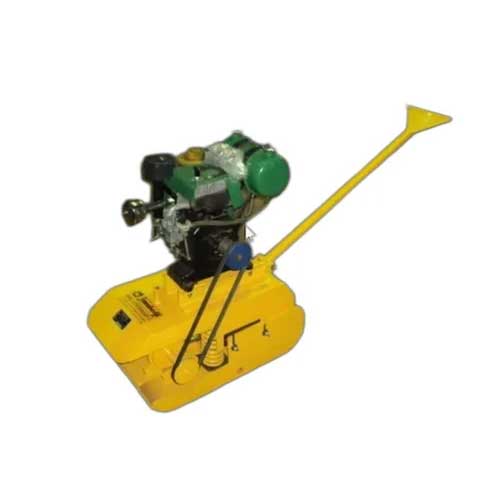
Jamshedji Soil Compactor
Jamshedji Constro Equip Pvt Ltd offers a wide range of jamshedji soil compactor.
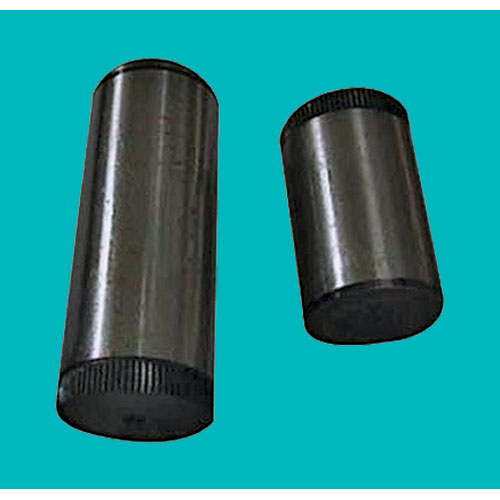
Ground Pins
Hans Machineries Private Limited offers a wide range of pins, hardened & ground. Read more

